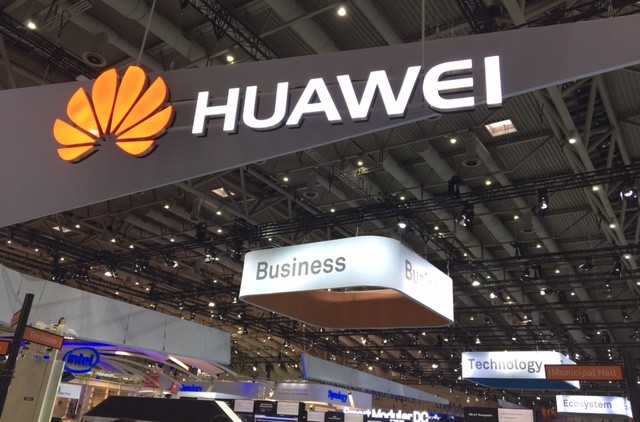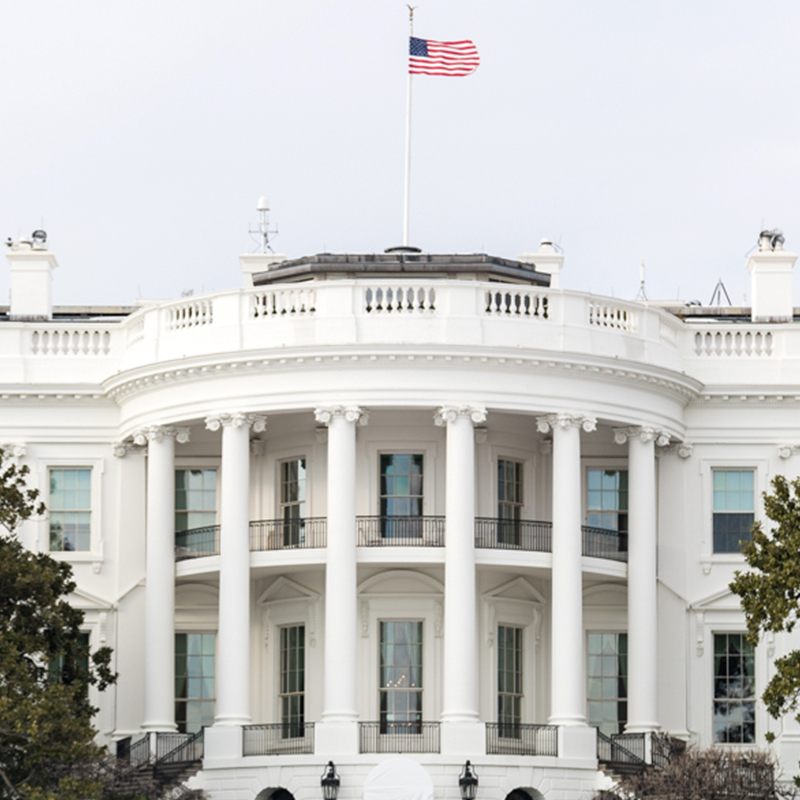US Renews Pressure On UK Over Huawei In 5G Networks

Senior US officials say they will continue to work with the UK over finding 5G alternatives, following decision to allow Huawei a limited role in 5G networks
A senior US diplomat has warned that the US administration will continue to pressure the UK to ban Huawei from its 5G networks, following a decision last month to allow the company a limited role.
Robert Strayer, deputy assistant secretary for cyber, international communications and information policy at the US State Department, said the US considered that “some initial decisions” had been made in the UK on Huawei but that “conversations are continuing”.
Strayer reiterated the US administration’s threat to halt intelligence-sharing with the UK and other countries that adopt Huawei’s next-generation tech.
“If countries adopt untrustworthy vendors in 5G technology, it will jeopardise our ability to share information at the highest levels,” he told the BBC.

Political pressure
Strayer toured Europe last week as he maintained pressure on European governments over the Huawei issue, while encouraging them to adopt competing technology from Nokia, Ericsson or Samsung.
At a press event in Lisbon he argued those three providers’ 5G tech is “leading the world” and is “on par” with Huawei’s offerings.
UK mobile operators have said Huawei’s 5G technology is superior to that of its rivals at a lower price, but Strayer said this impression was the result of a Huawei “propaganda campaign”.
“There is no way to fully mitigate any type of risk except the use of trusted vendors from democratic countries,” Strayer said.
Equipment from Nokia and Ericsson uses an open architecture that allows companies from the US and Europe to manufacture compatible equipment, he said, adding that US companies including Dell, Cisco, Juniper and VMware “want to play a future role”.
At the Munich security conference earlier this month US secretary of defence Mark Esper said the country was working with allies to develop “alternatives” to Huawei.
“We are encouraging allied and US tech companies to develop alternative 5G solutions and we are working alongside them to test these technologies at our military bases as we speak,” Esper said at the time.
5G expansion
White House chief of staff Mick Mulvaney met with senior British government officials on Thursday to reinforce the message, a meeting described as “lengthy”, but a spokesperson said afterward that the government’s position had not changed.
Meanwhile, Huawei said last week it has secured 91 5G contracts, up from 65 in December, with 47 commercial 5G customers in Europe.
Huawei denies it poses a security threat and says its technological lead is due to having spent $15 billion (£12bn) on research and development.
The UK government said in January it would allow Huawei to provide equipment for non-core parts of the country’s 5G network, while the European Union has said it will allow member states to reach their own decisions on whether to use the tech.